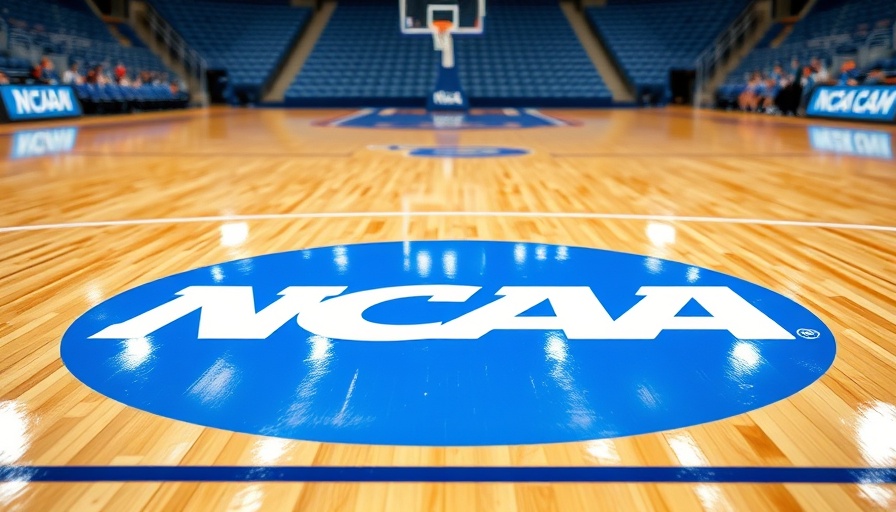
The Lawsuit: A New Chapter for College Athletes
In a groundbreaking case that could reshape the landscape of college athletics, a group of ten athletes, led by Vanderbilt linebacker Langston Patterson and former Hawaii quarterback Brayden Schager, have filed a class action lawsuit against the NCAA. The lawsuit, presented in the U.S. District Court for the Middle District of Tennessee, challenges the NCAA's restrictive redshirt rule, claiming it violates U.S. antitrust laws regarding college athletes' eligibility. This issue is not merely about the eligibility period; it also touches upon fairness and the rights of athletes who dedicate years to their sports without the opportunity to compete. The hope is that the ruling will not only impact the named plaintiffs but also thousands of other athletes who have faced similar challenges.
The Implications of the Redshirt Rule
The redshirt rule, which allows college athletes to extend their eligibility period to five years, has long been a topic of contention among players and advocates. While it does provide a time frame for athletes to participate at their own pace, it can also lead to situations where hardworking players are sidelined, unable to compete despite rigorous training and dedication. As attorney Ryan Downton, who leads the lawsuit, stated, “The NCAA has no basis to prohibit a player who is working just as hard as all of his teammates from stepping on the field.” This sentiment resonates with many senior and retired athletes who might reflect on their own struggles with gaining recognition and opportunities during their careers.
Changing the Game: Why This Matters
The outcome of this lawsuit could set a vital precedent for the future of college athletics, particularly for older athletes, many of whom may feel their career opportunities are limited by bureaucratic rules. As college sports continue to evolve, it is crucial for policies to adapt to the realities faced by athletes today. For those in Louisiana, the court's decision could have significant implications not only for local universities and their athletic programs but also for how athletes are treated on a broader scale.
A Broader Look at Athlete Welfare
The discussion surrounding college athletes' rights often extends beyond eligibility. Mental and emotional welfare, financial security, and post-graduate opportunities are pressing concerns that resonate deeply with older adults in the community. Many former athletes may relate to the pressures of balancing academics, sports, and planning for their futures. The lawsuit's potential outcomes could encourage more reforms in athlete welfare policies, thereby forging a path toward greater equity in college sports.
How Can the Community Support These Athletes?
For those in Louisiana, supporting college athletes like Patterson and Schager can foster a sense of community and shared values. Advocacy for athlete rights can encourage local schools and community organizations to actively discuss and promote fair treatment for all athletes, urging changes that respect their hard work and dedication. Events that celebrate and highlight these athletes can also give voice to their experiences, inviting community engagement and support.
The Role of the NCAA in Modern Sports
In response to the lawsuit, the NCAA has reaffirmed its commitment to its eligibility rules. The organization claims to be in a state of modernization, yet many are questioning whether changes are enough to address the emerging needs of student-athletes. The negotiation between maintaining academic integrity and allowing sports competition freedoms is a delicate balance that the NCAA must navigate. Only time will tell how effectively the organization can evolve with the changing landscape of college athletics.
Call to Action for Community Engagement
As this lawsuit unfolds, it presents an opportunity for the community, particularly older residents and retirees, to engage in the conversation about college sports reforms. Learning more about the issues at play and advocating for fair treatment of all athletes can enhance awareness and lead to meaningful changes. Join discussions in local forums, support initiatives advocating for athletes' rights, and keep informed about the developments in this vital area of sports law.
 Add Row
Add Row  Add
Add 



Write A Comment